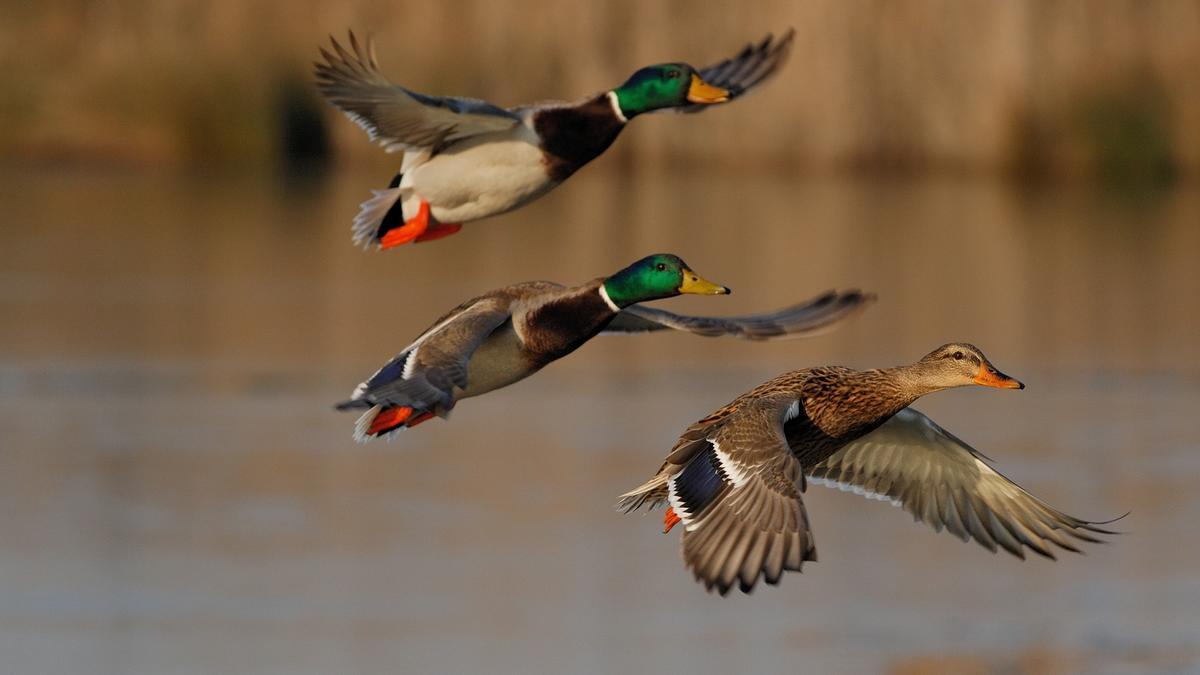The current bird flu outbreak in Wisconsin is affecting ducks and other wild birds at a higher rate than other strains of avian influenza. | Wisconsin Department of Natural Resources/Facebook
The current bird flu outbreak in Wisconsin is affecting ducks and other wild birds at a higher rate than other strains of avian influenza. | Wisconsin Department of Natural Resources/Facebook
Bird flu cases remain on the rise in Wisconsin, where the disease has recently been discovered in at least three more counties, including Sheboygan County.
The outbreak shows no signs of abating even as approximately three million domestic chickens have been killed over the last two months to keep the virus from spreading, a recent release on WEAU.com said.
"This one actually is affecting wild birds at a higher rate than we have seen in other strains of avian influenza, particularly waterfowl and raptors, waterfowl, wetland birds and raptors," Taylor Finger, Department of Natural Resources (DNR) migratory game bird biologist, said in the release.
With spring hunting season now just around the corner, some are openly wondering what impact the ongoing outbreak could have on wild turkeys.
"Waterfowl are the known carriers and with spring migration underway, more cases of bird flu are arriving in the state," Finger said. "But when it comes to threatening wild turkeys, concern is low because they have to come in contact with something that would be carrying avian influenza and in most cases turkeys and waterfowl aren't interacting, and in no cases is it at a huge level in terms of a large number of turkeys interacting with waterfowl and then passing it along."
Through it all, Finger has the same advice for all hunters.
"If you see a sick or dead bird, don't shoot it, don't approach it, that's a common health issue that we want to say and for particularly with this, just to be extra careful and reassure yourself is making sure you cook that turkey to the internal temperature of 165, just making sure you're not eating any raw poultry," he said in the release.
While Finger noted that outbreaks of bird flu usually subside once the weather turns warmer, hunters are asked to contact the DNR if they come across any sick birds while in the woods this spring.



 Alerts Sign-up
Alerts Sign-up